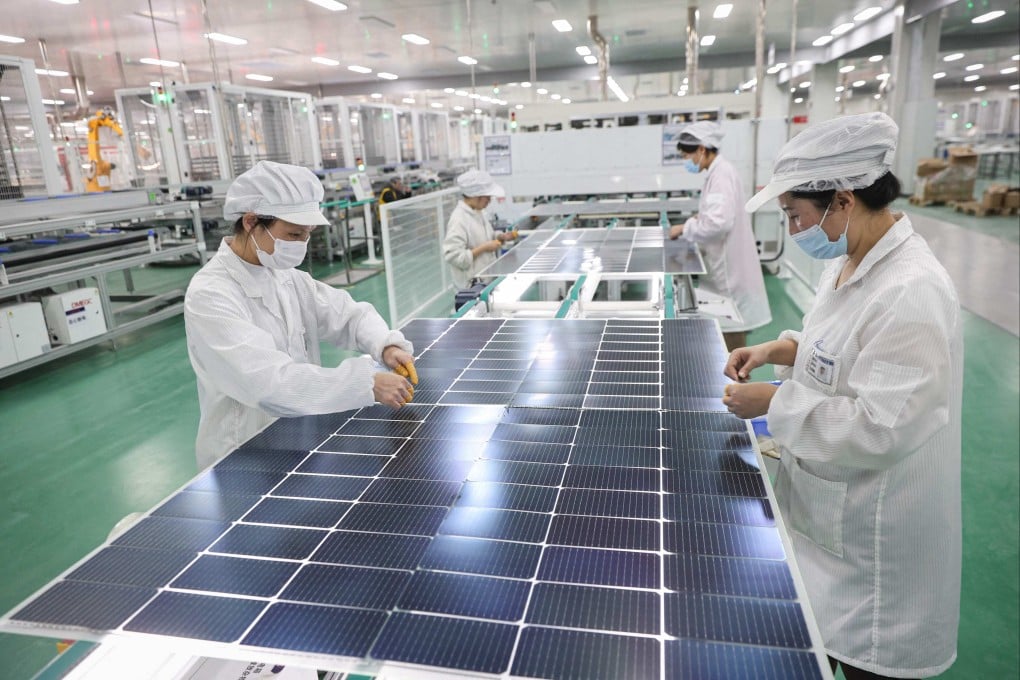Letters | How the UN can spark corporate action on sustainable development goals
- Readers discuss the need for clarity on what is expected of businesses in relation to the SDGs, and Chinese women’s indomitable spirit in the face of life’s challenges

At the opening of the United Nations’ High-Level Political Forum on Sustainable Development on July 8, the UN’s deputy chief, Amina Mohammed, observed that less than a fifth of the world’s Sustainable Development Goals (SDGs) are on track for their 2030 deadline.
The leaders who attended the forum can help turn this situation around by working with the UN to articulate the business world’s responsibilities on the SDGs. This is essential to drive the widespread corporate action that is currently lacking.
Since the SDGs were adopted in 2015, business action on meeting them has been voluntary with mostly no consequences for those that took little or no action. While the UN doesn’t have the power to police corporations and mandate their contribution towards the SDGs, it can articulate the specific responsibilities of companies. This is a proven way of driving change and, where needed, creating the right environment for regulatory enforcement. That’s what happened with human rights.
Human rights were put on the international agenda in 1948, when the UN proclaimed the Universal Declaration of Human Rights. However, only in 2011 did we begin to see real corporate action on human rights, because the UN published its Guiding Principles on Business and Human Rights – spelling out companies’ responsibilities towards workers linked to their operations and supply chains.
Spurred on by the public’s desire for the protection of human rights and investor engagement, corporate action showed regulators what was possible and drove them to act. This has led to the introduction of the European Union’s Corporate Sustainability Due Diligence Directive, which will require large companies to conduct environmental and human rights due diligence across their operations, subsidiaries and value chains.